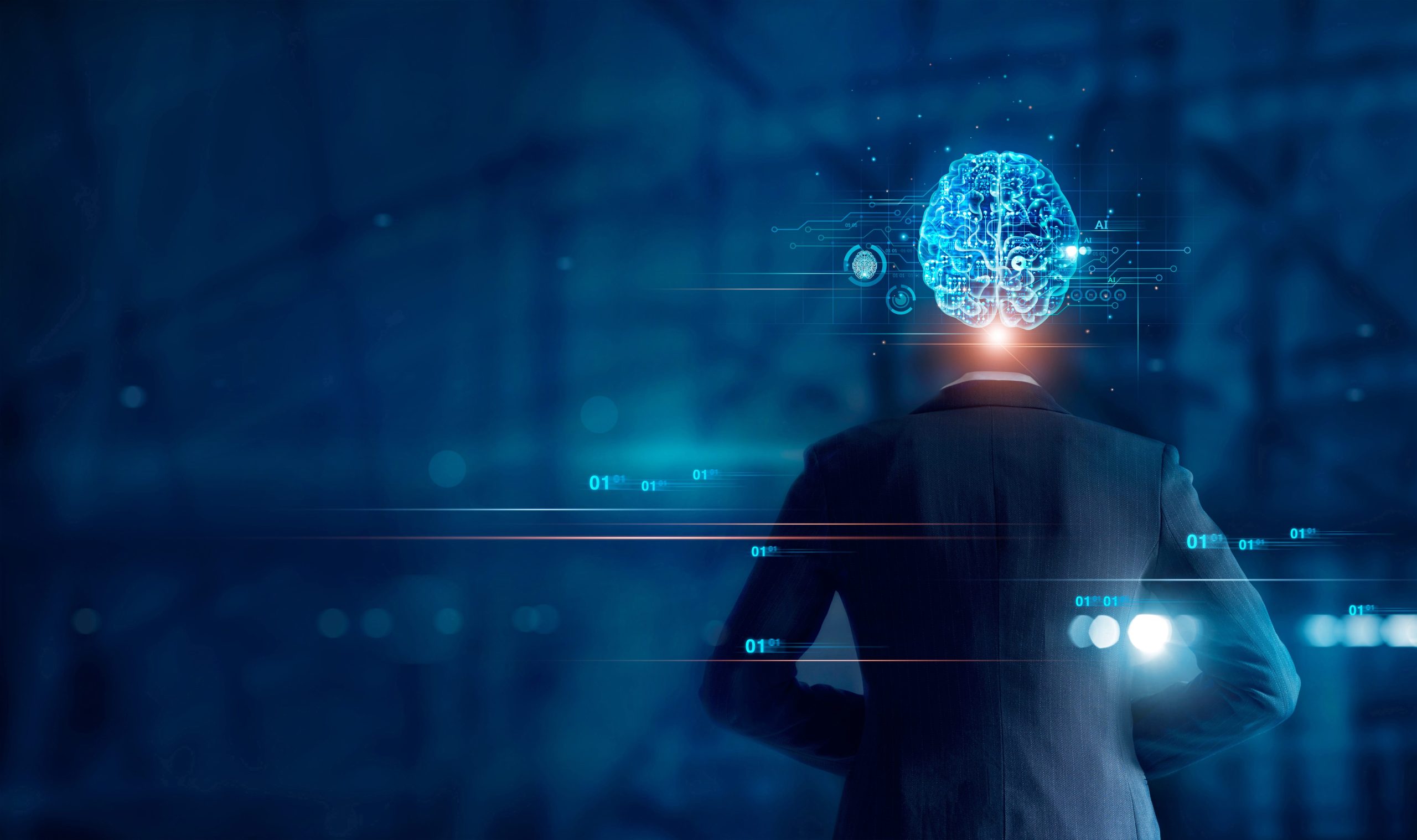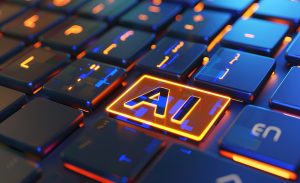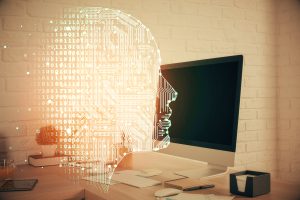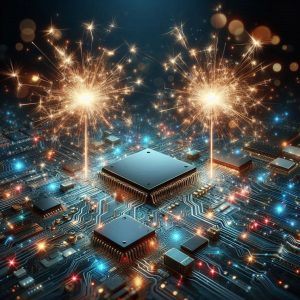IFM is merely one of several AI pioneers in a sector that is constantly expanding. For instance, 2,300 of the 9,130 patents granted to IBM inventors in 2021 were with artificial intelligence. Elon Musk, the founder of Tesla and a giant of the IT industry, contributed $10 million to support ongoing research at OpenAI, a non-profit research organisation. If his $1 billion co-pledge from 2015 is any indicator, this donation is a drop in the ocean.
After an evolutionary phase that started with “knowledge engineering” and lasted over several decades marked by periodic dormancy, technology advanced to model- and algorithm-based machine learning and increasingly centred on perception, reasoning, and generalisation. Now, AI has reclaimed centre stage in a way that has never been possible, and it has no plans to give it up anytime soon.
Four decades is a valuable time frame to bear in mind when we assess the relationship between technological change and the future, even though it is approximate. The future is already here; it’s just not evenly distributed, as science fiction author William Gibson famously observed. Gibson’s theory makes a significant connection between the delayed development of broad acceptance and the current state of affairs. Instead of relying just on predictions, which inevitably contain bias and provide subpar outcomes, we might seek for areas of the modern world that are driving technological development and extrapolate to wider acceptance.
AI will be crucial to the Metaverse’s progress. As its users create this digital environment, there will be use cases in which people and AI-enabled robots work together to achieve objectives. Moreover, iterative procedures like developing, testing, and modifying a product require automation. It covers every step of the process, from the raw components to the ML model. Recent breakthroughs in this area include automated neural network topology tuning and improvements to data labelling tools, to name just two.








